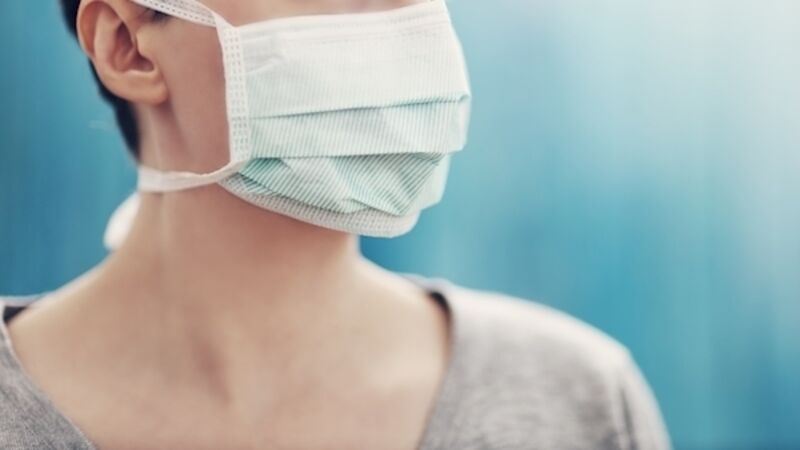Expert calls for wider adoption of face masks and warns Gardai could become super spreaders

Gardaí could become so-called Covid-19 “super spreaders” if they don’t wear face masks, a leading disease control expert has said.
Professor Gerry Killeen says gardai and other workers who deal with the public should be forced to wear face masks in certain situations.













